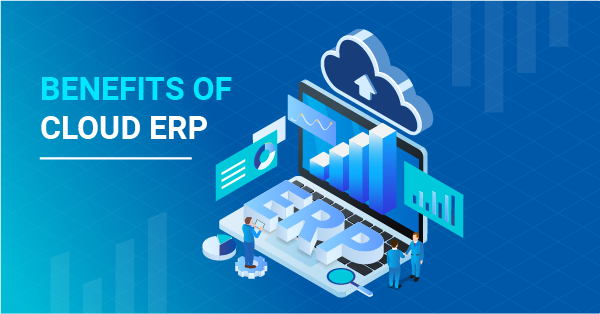Enterprise Resource Planning (ERP) systems are the backbone of modern businesses, managing critical operations across departments. The traditional approach involved installing these systems on-premises, but the cloud has revolutionized ERP delivery. Here’s why cloud-based ERP solutions are gaining popularity over local systems:
Cost Efficiency
- Lower upfront costs: No need for hefty investments in hardware, software licenses, and IT infrastructure.
- Predictable expenses: Cloud ERP is often offered on a subscription basis, making budgeting easier.
- Reduced IT overhead: Cloud providers handle system maintenance, updates, and security, saving on IT resources.
Scalability and Flexibility
- Rapid scaling: Easily adjust resources to accommodate growth or decline in business activity.
- Global accessibility: Access data and applications from anywhere with an internet connection.
- Business agility: Quickly adapt to changing market conditions and business needs.
Improved Access and Collaboration
- Real-time data: Up-to-date information is available to authorized users across the organization.
- Enhanced collaboration: Cloud-based platforms facilitate teamwork and communication.
- Mobile access: Access ERP data and functionalities on mobile devices.
Enhanced Security
- Robust security measures: Cloud providers invest heavily in data protection and disaster recovery.
- Regular updates: Automatic security patches and updates are applied to protect against threats.
- Compliance: Cloud providers often adhere to industry-specific compliance standards.
Faster Implementation and Time-to-Value
- Reduced implementation time: Cloud ERP systems are typically pre-configured and ready to use.
- Faster return on investment: Start benefiting from the system sooner due to quicker deployment.
- Continuous innovation: Cloud providers offer regular updates and new features.
Disaster Recovery
- Data protection: Cloud providers have robust data backup and recovery plans.
- Business continuity: Minimal disruption in case of hardware failures or natural disasters.
Environmental Impact
- Reduced carbon footprint: Cloud data centers often have higher energy efficiency than on-premises solutions.
While cloud ERP offers numerous advantages, it’s essential to evaluate specific business requirements and consider factors like data sensitivity and internet connectivity before making a decision. By carefully assessing these factors, organizations can determine if cloud ERP is the right fit for their operations.
Would you like to delve deeper into a specific advantage or explore potential challenges of cloud ERP?
